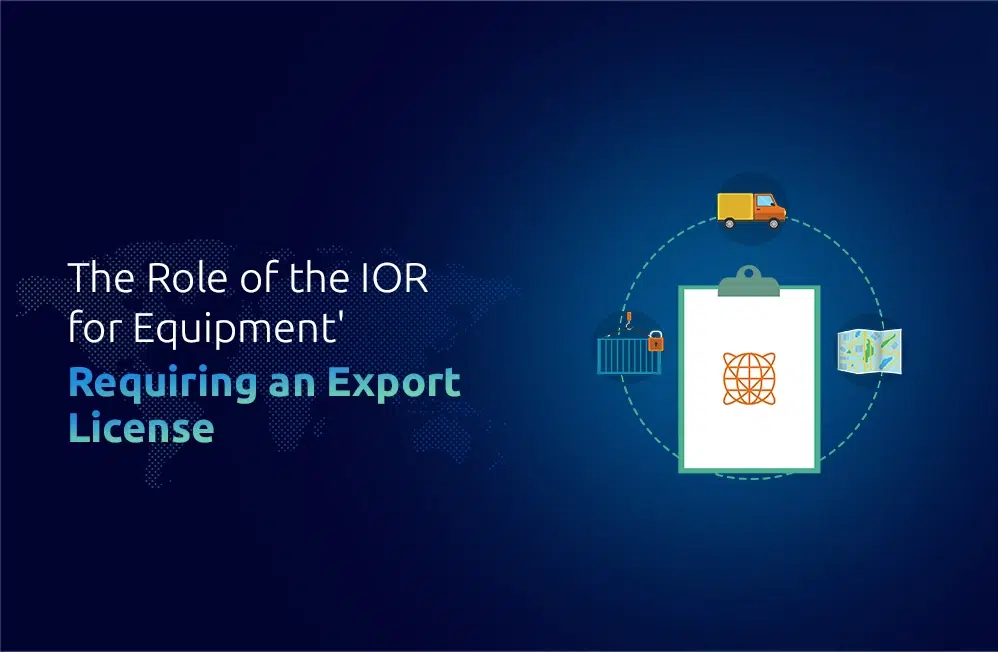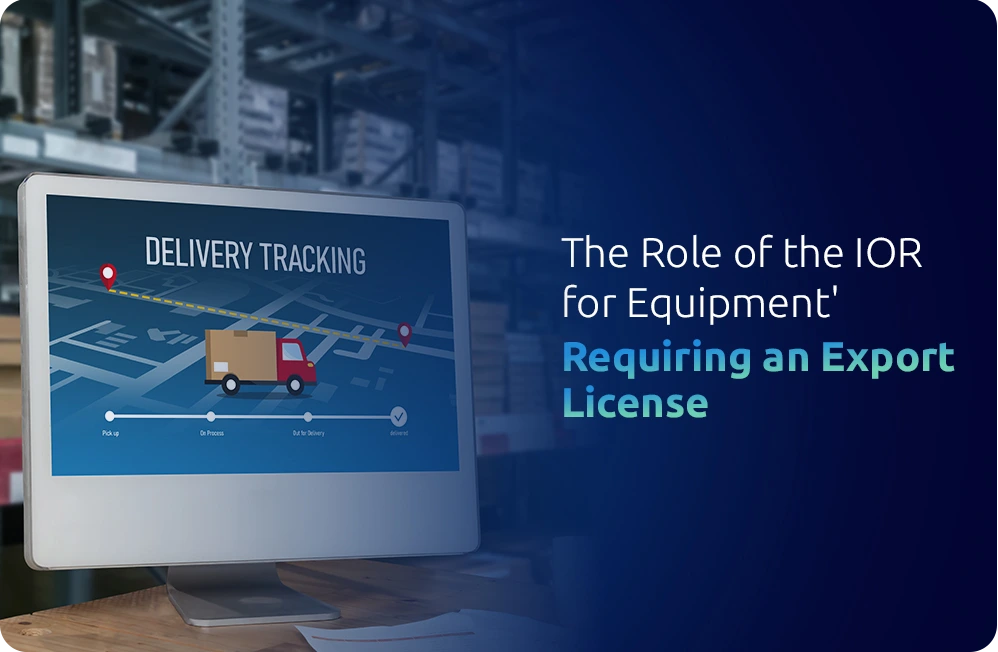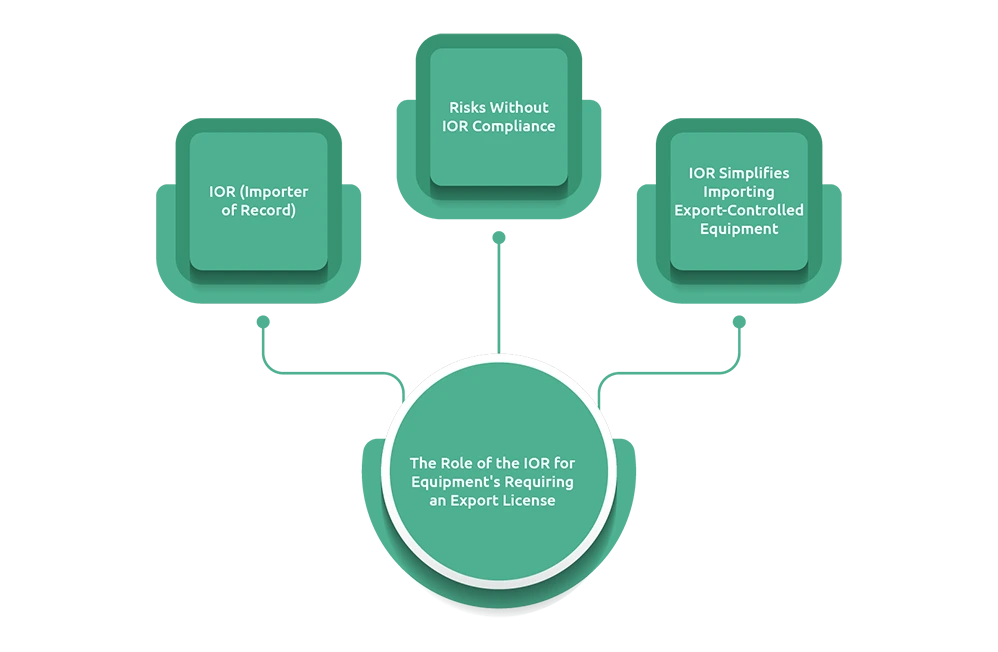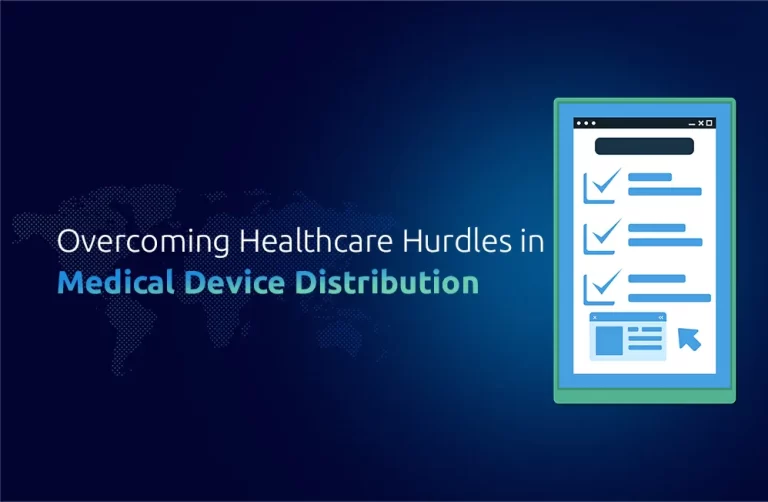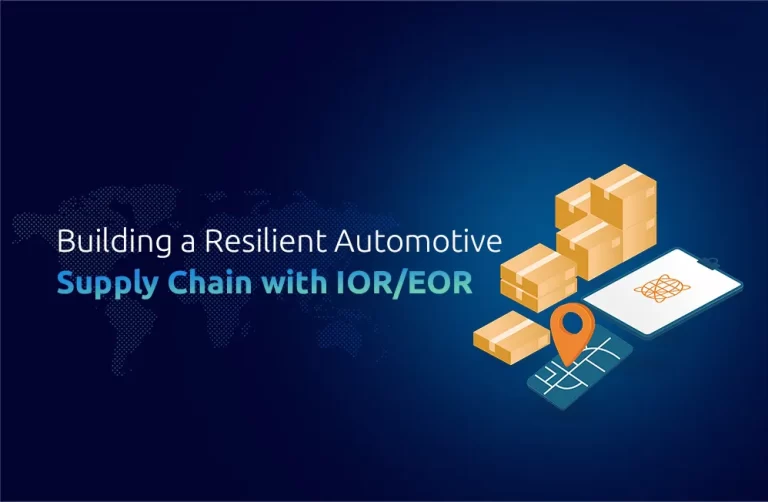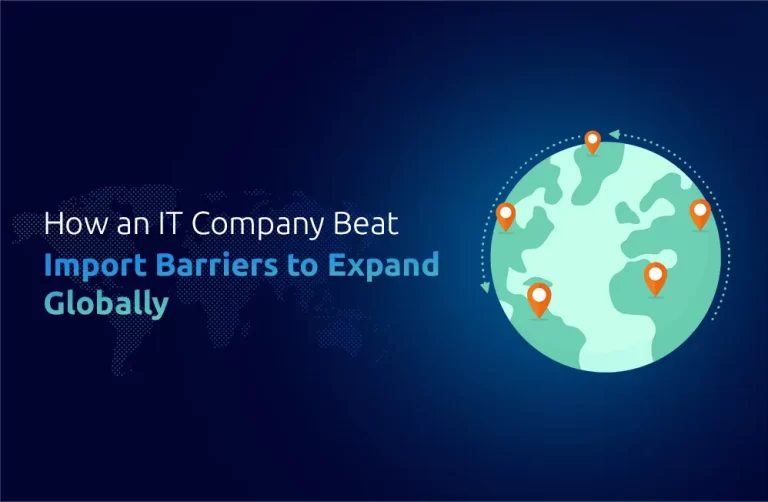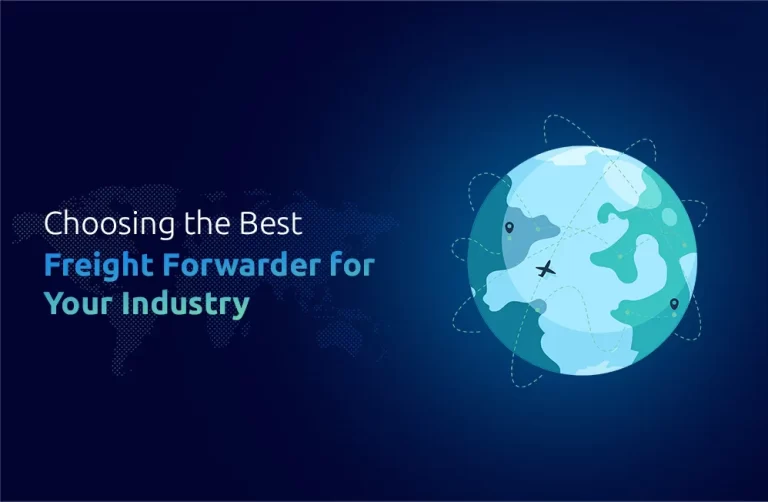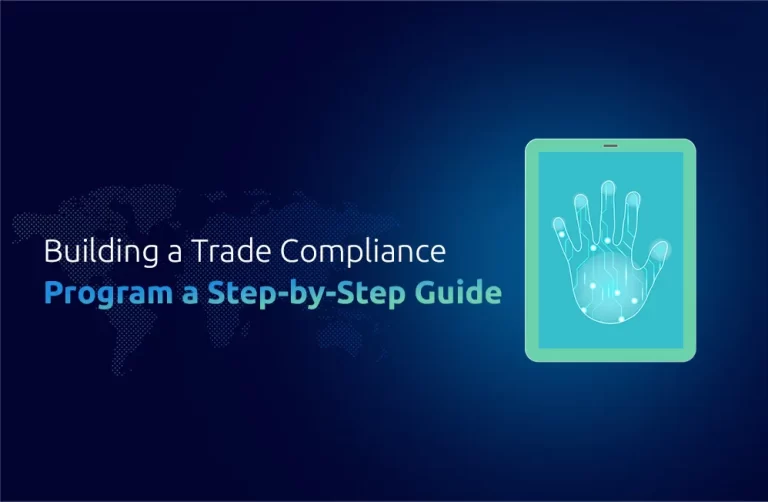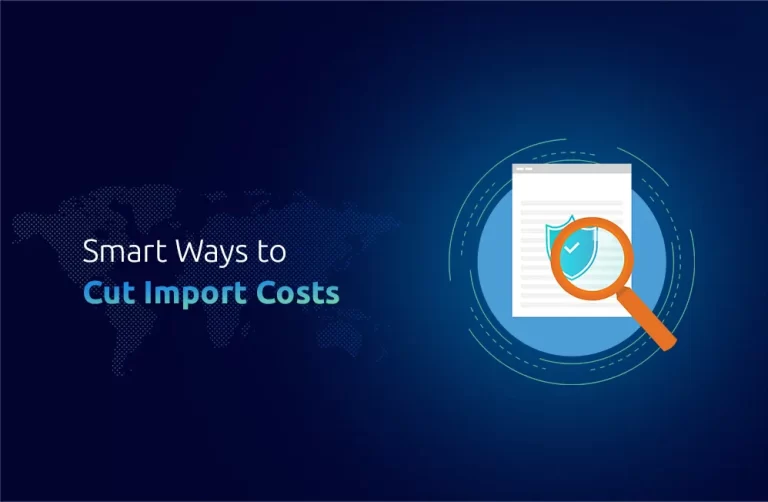Introduction
If you’re an exporter or a business looking to deal with specialized equipment globally, understanding the role of an Importer of Record (IOR) is necessary. The export operation can be fraught with challenges, specifically when it comes to keeping with regulations. This article explores how IOR services simplify the export of licensed equipment, ensuring you meet all legal needs while maintaining operational efficiency.
Understanding IOR Services
What is Importer of Record?
An Importer of Record (IOR) is a person or company responsible for ensuring that imported goods comply with the customs laws of the destination country including the management of import documentation, expense of duties and taxes, and compliance with applicable laws. In the case of equipment needing an export license, the IOR plays an important role in ensuring that all legal responsibilities are met before goods are shipped.
International Organization of Logistics Services in International Trade
International business is an integral component of global economies, but it comes with its own set of difficulties. An IOR can assist businesses by acting as the official entity responsible for imports. This role becomes particularly relevant when handling equipment that requires export licenses; its role ensures full compliance with all regulations. By managing all aspects of export procedures efficiently and professionally, an IOR enables businesses to focus on core operations without unnecessary hassles being added to their workloads.
Environment for Global Trade
Today, the global trade environment is characterized by growing regulations & scrutiny. Governments are more focused on compliance, particularly concerning equipment that poses security or environmental risks. An effective IOR service helps mitigate risks associated with non-compliance, providing peace of mind for exporters.
Key Roles of an Importer of Record
Compliance and Documentation Management: The IOR ensures that all necessary export licenses are obtained and that documentation is properly completed to includes invoices, packing lists, and customs declarations. A well-managed documentation process minimizes delays and prevents costly fines.
Financial Management: Import duties & taxes can be a significant cost for businesses. The IOR is responsible for calculating these fees and ensuring they are paid on time. By partnering with an IOR, businesses can avoid unexpected economic hurdles.
Product Classification and Logistics Optimization: Correctly classifying products is essential for compliance and cost management. An IOR helps ensure that equipment is classified accurately, minimizing the risk of penalties. They also optimize logistics to streamline the shipping process, reducing transit times and costs.
Benefits of IOR Services
Using IOR services delivers businesses a complete solution for managing the complexities of exporting licensed equipment to includes expert guidance on compliance, financial management, and logistics optimization. Both the exporters & the stakeholders benefit. By securing compliance, the IOR protects the company’s reputation & lessens the risk of penalties. Stakeholders, including investors & partners, can feel confident in the company’s trade operations. The direct benefit of using an IOR is a smoother export process, while long-term advantages include cost savings, improved reputation, & greater efficiency in international trade.
In today’s highly regulated trade environment, partnering with an IOR export specialist like TheIOR can significantly reduce the risks and costs associated with international shipments. As an IOR provider, the IOR provides end-to-end services that ensure all compliance, licensing, and documentation requirements are met before goods are dispatched. Their deep understanding of export regulations across various industries makes them a trusted choice for businesses seeking seamless global trade operations. By using TheIOR’s services, companies can navigate complex export procedures with confidence, knowing they are fully supported by experienced professionals.
Industry Specific Applications
Different sectors face unique challenges when it comes to exporting equipment that requires an export license. Here’s a look at how IOR services cater to various industries:
IT Industry Equipment:
Equipment like computers, laptops, and networking hardware often require licenses due to their sensitive nature. IOR services help manage the complex documentation and compliance processes for these items.
Aviation Industry Equipment:
Aviation parts and equipment require stringent regulatory compliance. IOR services ensure that all necessary licenses are secured and that shipments meet international safety standards.
Automotive Industry Equipment:
With the rise of electric vehicles and advanced technologies, automotive equipment exports are becoming more complex. An IOR can help navigate the various regulatory frameworks to ensure compliance and efficiency.
Medical Equipment:
Exporting medical devices often involves strict compliance with health regulations. An IOR helps streamline the process, ensuring that all medical equipment meets safety standards and is accompanied by the proper documentation.
Positioning as a Trade Hub
Countries that adopt progressive trade policies and modernized regulations become attractive trade hubs. By simplifying the export process through IOR services, businesses can position themselves favorably in the global marketplace.
Key Benefits of Operating with an IOR
- Political Stability:
An effective IOR navigates the complexities of international trade laws, allowing businesses to operate smoothly even in politically unstable environments. - Modernized Laws:
Countries that have updated their trade regulations often facilitate easier exports. An IOR can help businesses stay informed and compliant with these changes. - Participation in Trade Agreements:
Many regions are part of trade agreements that facilitate smoother export processes. An IOR can leverage these agreements to benefit your business.
Conclusion
The importer of record is important for companies looking to export equipment that requires a license to ensure the compliance, documentation management, & optimization of the logistics; IOR services streamline the export process, allowing businesses to focus on growth & innovation. We will navigate you through the complexities of international trade. Partner with One Union Solutions to ensure your export operations are efficient & compliant.
Did You Know…
The World Trade Organization (WTO) says that approximately 80% of global trade needs documentation for compliance purposes, making IOR services essential in streamlining this process & minimizing delays or penalties that may occur as a result.
FAQs
1: What types of equipment require an export license?
Ans: Equipment that poses security, environmental, or health risks often requires an export license. This includes technology products, medical devices, and aviation parts.
2: How can an IOR help my business?
Ans: An IOR ensures compliance with all relevant regulations, manages documentation, and handles financial obligations so you can focus on your core operations.
3: What are the costs associated with IOR services?
Ans: Costs associated with exporting vary based on its complexity and the services needed. Associating with an IOR may save money in the long run by mitigating compliance risks and delays.
4: How do I choose the right IOR?
Ans: Look for an IOR with experience in your industry, a strong track record of compliance, and transparent pricing.
5: What happens if I export without an IOR?
Ans: Exporting without an International Organizing Representative can result in costly penalties, such as fines and shipment delays. Therefore, having an experienced partner to guide through the complexities of international trade is vitally important.

